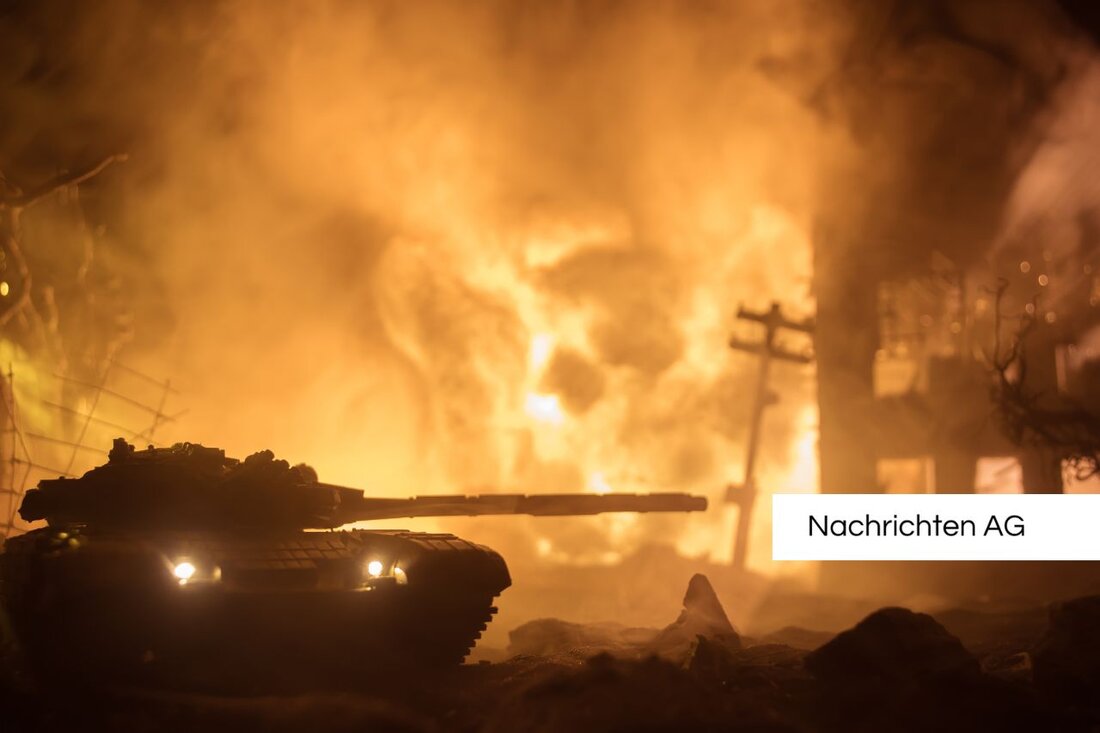Universities in the Ruhr area: Secure paths for refugee students!
The Ruhr University Bochum supports refugee students through the “NRWege ins Studium” program under Eva Günzel.

Universities in the Ruhr area: Secure paths for refugee students!
More and more students with refugee experience are finding their way to universities in North Rhine-Westphalia. The “NRWege ins Studium” program, which was launched by the Ministry of Arts and Science in 2016, plays a crucial role in this. Eva Günzel, who has been coordinating the “NRWege ins Studium.Ruhr” study at the Faculty of Social Sciences since 2023, is working with Yeliz Güler on examining support for these students. In interviews with participants and project coordinators from seven universities in the Ruhr area, numerous challenges and potential for improvement were identified. These results were recently presented at the NRWege network meeting, an important exchange between the actors involved towards better solutions.
The number of people with a history of immigration in North Rhine-Westphalia is high. Almost every third person has a migration background and therefore brings with them a variety of experiences. This group includes many students who have fled due to war and persecution and are now facing particular challenges. These include inadequate language skills, uncertainties regarding the German education system and financial hurdles. MKW.NRW emphasizes the need to promote the integration of these students and to create permanent structures in the university landscape.
Challenges and support
The main problems faced by students with refugee experiences include:
- Fehlende Struktur in der Studienorganisation nach vorbereitenden Kursen.
- Psychische Belastungen durch Fluchterfahrungen.
- Soziale Isolation und finanzielle Engpässe.
To meet these challenges, the NRWege program is developing targeted measures. Particularly important are the expansion of financial support through scholarships and the implementation of in-depth introductory tutorials and specialist language courses. Additional weekly online meetings and the promotion of social exchange through student councils are intended to enable greater integration into university life.
Günzel emphasizes that many students develop strategies to overcome their challenges. They often continue to be involved in the program even after they graduate. Close cooperation between universities, civil society actors and refugee students is essential for the success of this project.
Looking into the future
The social and political conditions, which are often rather restrictive for students from abroad, make efforts to integrate more difficult. Therefore, the participants in the program want long-term security and stable financing. Important concerns are also an earlier work permit and the simplification of applications for student loans in order to make access to universities easier.
The European Union supports similar educational projects and programs that help migrants and refugees improve language skills and have their qualifications recognized. This is of great importance, how Education.ec.europa.eu describes. The Erasmus+ program, for example, offers project-related support and makes it easier for universities to access financial resources to integrate these student groups.
Overall, the NRWege program not only provides direct support for refugee students, but also lays the foundation for a cosmopolitan university landscape in North Rhine-Westphalia. Supported by innovative concepts and networks, work continues to improve conditions and create equal educational opportunities.

 Suche
Suche
 Mein Konto
Mein Konto